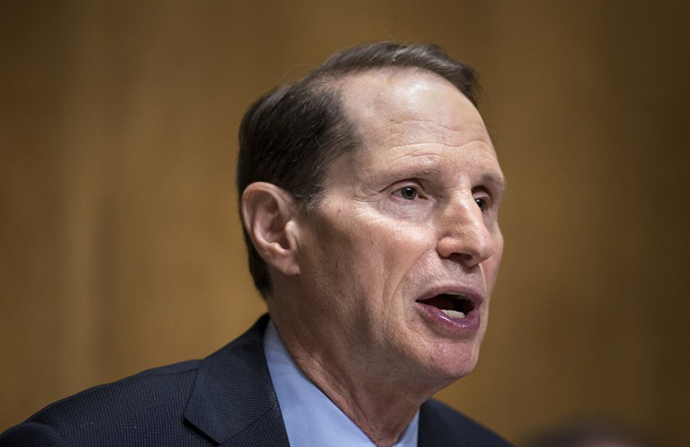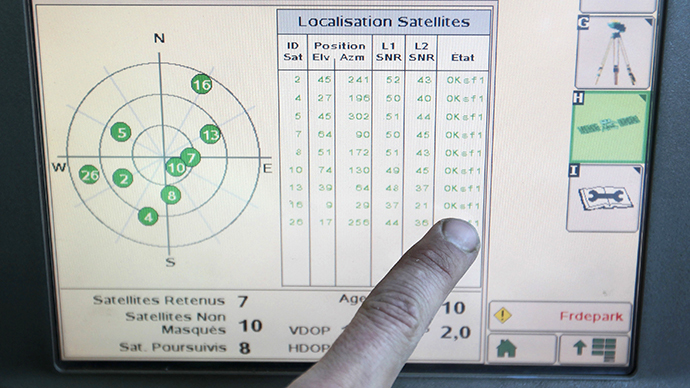Two secret Justice Department memos regarding the use of location tracking technology are going to stay confidential as a result of a ruling by a US federal district court.
The memos in question were originally drafted to outline the guidelines governing the use of GPS and other location-tracking devices. While the American Civil liberties Union had previously filed a Freedom of Information Act request regarding the documents, the Justice Department ultimately redacted 111 pages.
Since the bulk of the memos were blacked out, the ACLU filed another suit attempting to force the Justice Department into releasing more information. This course of action was ultimately unsuccessful, as the civil liberties group noted on Wednesday.
According to the ACLU, the decision is significant in that it comes after the Supreme Court ruled in 2012 that GPS monitoring and location tracking by the government must not violate the Fourth Amendment of the Constitution, which protects Americans of unreasonable search and seizure. However, the court did not state exactly when the government would be required to obtain a warrant to install GPS devices, nor did it outline how other location tracking procedures should be treated.
In this most recent case, the Justice Department argued the memos should stay secret because the rules governing location tracking are home to sensitive law enforcement information. The court disagreed with this view, saying “law enforcement’s use of GPS tracking is well known by the public.” At the same time, it ruled that no more information needed to be released since the department’s methods “will be borne out in the courts.”

There’s still a chance the memos will be made public, as Senator Ron Wyden (D-Ore.) and Rep. Jason Chaffetz (R-Utah) have penned a letter to Attorney General Eric Holder urging him to release the redacted information. The congressmen wanted to know when exactly the department believes it can use GPS to track an individual’s whereabouts, and whether it believes it needs to obtain a warrant to do so.
“In our view there is no room in American democracy for secret interpretation of public law,” the two lawmakers wrote.
When the redacted memos were first made public, ACLU attorney Catherine Crump called the Justice Department's actions "unfortunate," saying it "leaves Americans with no clear understanding of when we will be subjected to tracking—possibly for months at a time—or whether the government will first get a warrant."
GPS tracking of cars has also come under scrutiny as the Department of Transportation moves forward with plans to introduce vehicle-to-vehicle communications standards. This would allow cars to transmit their speed, direction, and location to other vehicles in order to avoid collisions, but privacy advocates have voiced concern over the possibility that such capability could be abused.

